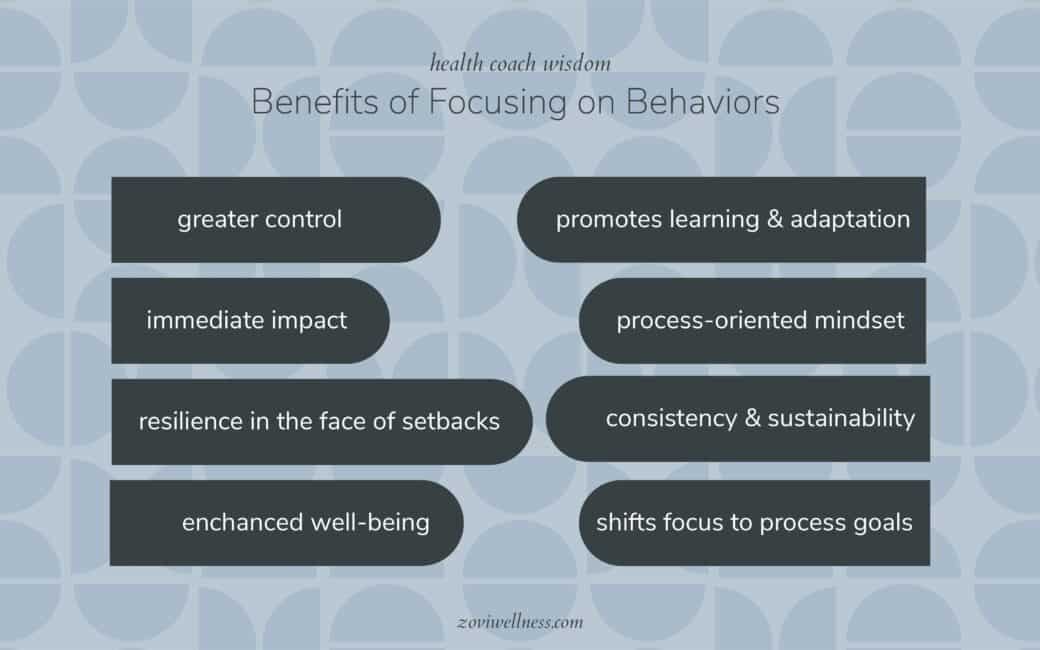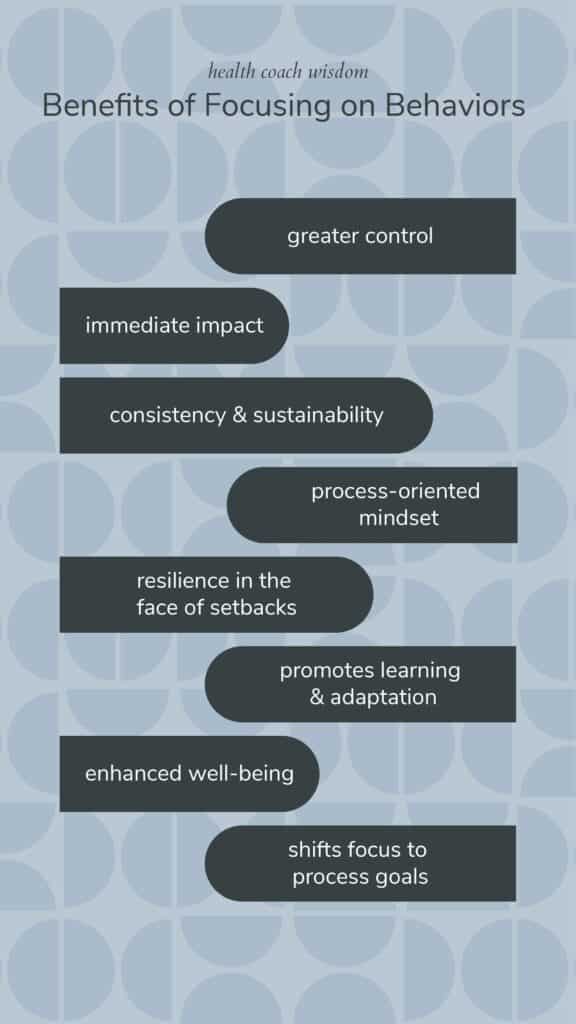
A Guide to Healthy Weight Loss: Sustainable Strategies and Semaglutide Insights
Many people strive to achieve and maintain a healthy body weight, but the journey can often be overwhelming. With countless fad diets and weight loss supplements flooding the market, it can be challenging to distinguish between what's effective and what's not. This guide provides evidence-based strategies for healthy weight loss, ensuring you shed pounds safely and sustainably.
Understanding Healthy Weight Loss Rates
When embarking on a weight loss journey, setting realistic goals is essential. A healthy amount of weight loss in a month typically ranges from 4 to 8 pounds, which equates to a good weight loss per week of 1 to 2 pounds. Many health professionals consider This gradual rate the gold standard because it allows your body to adjust and helps prevent the common pitfall of regaining lost weight. Rapid weight loss, often seen in extreme diets, can lead to muscle loss, nutritional deficiencies, and metabolic slowdown, hindering long-term success.
A good weight loss per week also considers your starting body weight. For instance, individuals with a higher initial body weight may experience slightly faster rates of weight loss initially due to the increased energy expenditure required to move a larger body mass. Conversely, those with a lower body weight may find their weight loss progresses more slowly, which is expected as you strive for your weight loss goals.
The Role of Diet and Exercise in Achieving a Healthy Weight
Diet and exercise remain the cornerstones of a successful weight cut. To lose weight, you must create a calorie deficit, meaning you consume fewer calories than your body needs to maintain its current weight. However, it's essential not to slash calories too drastically, as this can lead to appetite and weight loss imbalances. Focusing on nutrient-dense foods that provide satiety is key. Incorporating lean proteins, whole grains, and plenty of fruits and vegetables can help manage your appetite and ensure you get the nutrients needed to achieve ideal body weight through healthy weight loss.
Physical activity complements dietary changes by increasing the number of calories your body burns. Both aerobic exercise (like walking, running, or cycling) and strength training are vital. The former helps burn calories, while the latter preserves lean muscle mass, which is crucial for maintaining a healthy rate of weight loss. For optimal results, aim for at least 150 minutes of moderate-intensity exercise per week, coupled with two or more days of strength training.
Semaglutide: A New Approach to Weight Loss
In recent years, semaglutide has emerged as a promising option for those struggling with weight loss and appetite loss issues. Initially developed for managing type 2 diabetes, semaglutide has been shown to aid in weight loss alongside diet and exercise significantly. It mimics a hormone called GLP-1 (glucagon-like peptide-1), which targets areas of the brain that regulate appetite and food intake.
Clinical trials have demonstrated that semaglutide can lead to an average weight loss of approximately 15% of initial body weight over one year. This makes it an attractive option for those who have yet to achieve their weight loss goals through lifestyle changes alone. However, it's important to note that semaglutide is not a magic bullet. While it can enhance weight loss efforts, it should be used with a healthy diet and regular physical activity for the best results. Reach out to a member of the Zovi team for a semaglutide consultation.
Maintaining Weight Loss for the Long Term
Achieving your target weight is only half the battle; maintaining it requires ongoing effort. Research shows that those who successfully maintain their weight loss often continue to monitor their diet, stay physically active, and weigh themselves regularly. The average monthly weight loss tends to slow as you approach your goal, but this is a normal part of the process.
Adopting a long-term perspective is key. Focusing on sustainable habits will help you maintain a healthy weight for life. It's also important to be kind to yourself. Weight fluctuations are expected, and occasional setbacks are part of the journey. What matters most is your overall trend toward a healthier you. By understanding the principles of healthy weight loss and exploring options like semaglutide under professional guidance, you can set yourself up for success on your journey to a healthier, happier life.












